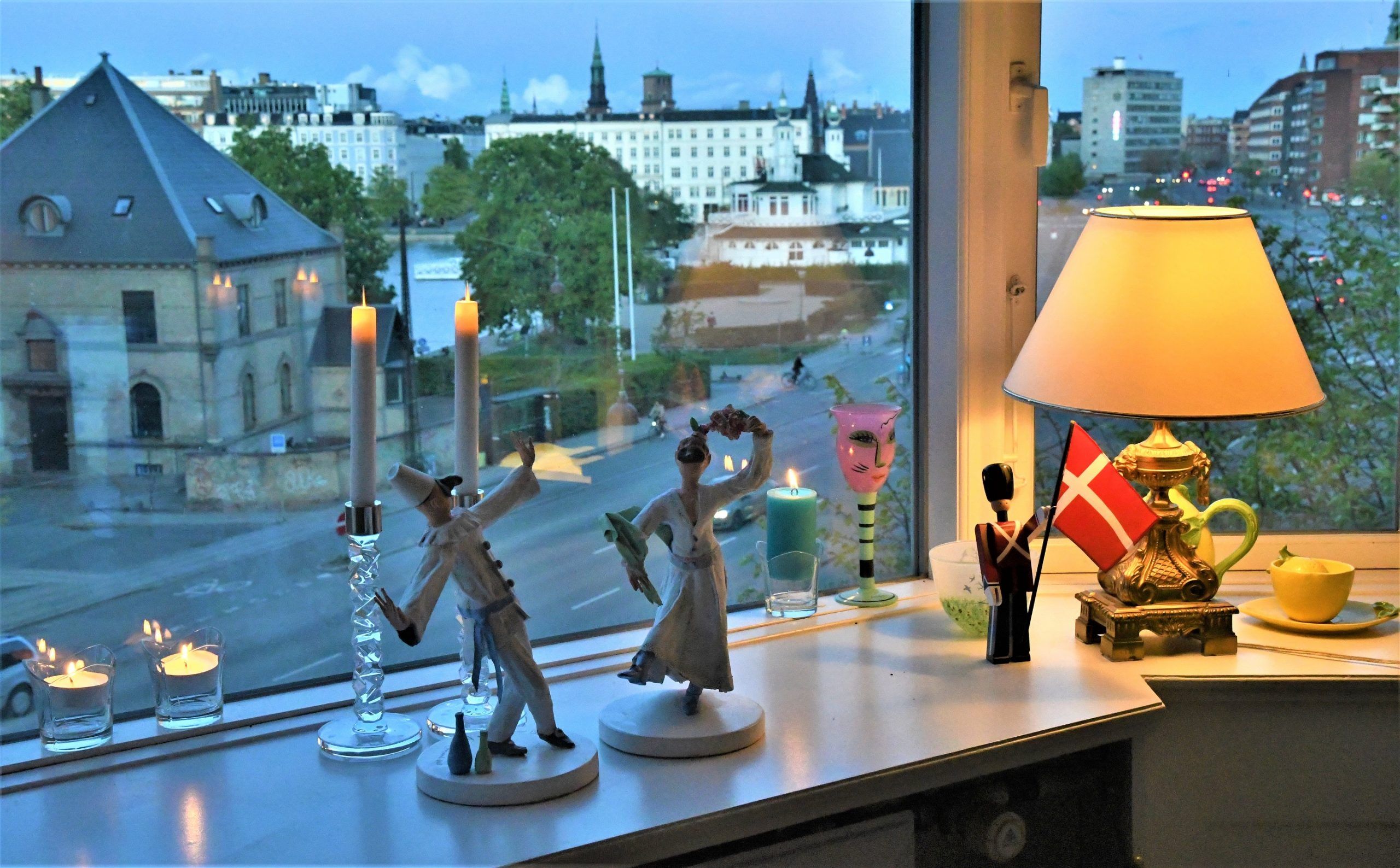Tonight you will see candles in the windows of many Danish houses – it’s not for a hygge moment this time, but to commemorate the end of World War II.
Ten seconds of silence followed by huge relief
On 4 May 1945 at 20:35, the BBC’s London-based Danish presenter Johannes G Sørensen was interrupted with good news in the middle of his news broadcast. After a ten-second pause in silence, he informed the Danes that their five years of German occupation were over.
The radio broadcast brought euphoric Danes out onto the streets. Many of them used the occasion to burn the much-hated black window shades used during bombing raids, lighting huge bonfires all over the city.
The people wanted more light in their homes, and across the country they spontaneously started lighting candles on their window sills.
To this day, the Danes have placed a lighted candle on their window sill every year on May 4 to commemorate the five years of darkness.
12 hours later …
After the radio message, Denmark had to wait another 12 hours until the liberation officially took effect – at 08:00 on 5 May 1945.
That’s why tomorrow you will see Liberation Day officially celebrated with flags on flagpoles and buses.
Listen here to the famous radio announcement from 4 May 1945.
















